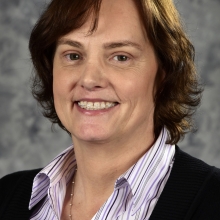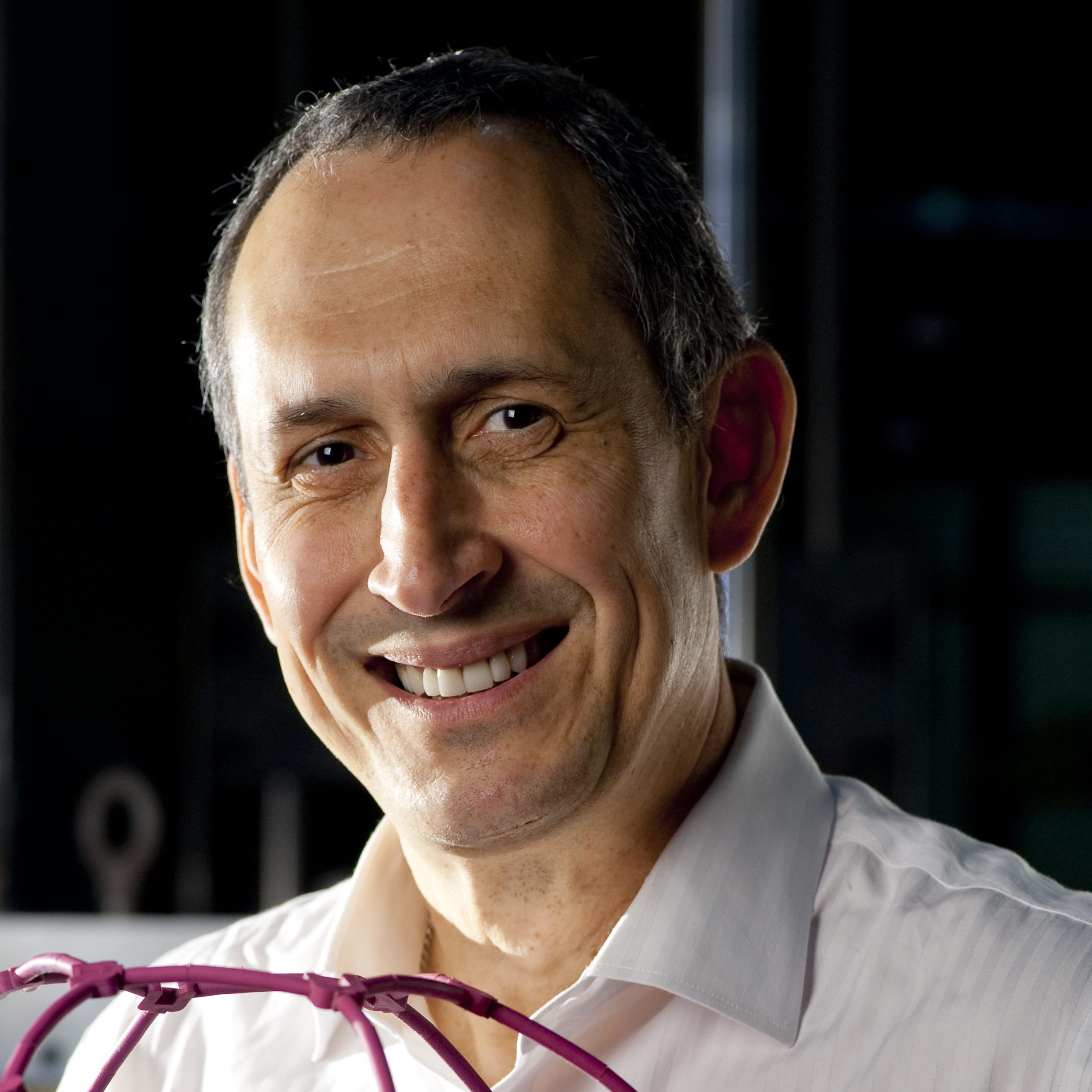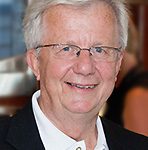Our External Advisory Committee helps Duke’s Superfund Research Center to use practices in our research, training, research translation, and education/outreach.
If you are a current EAC member, please click here to access resources and information that we have made available for you.
Robyn Tanguay, PhD
Dr. Robyn Leigh Tanguay is an internationally recognized scholar whose work on zebrafish models has advanced the world’s understanding of how chemicals impact the biological development of humans. In 2011, she was named an Oregon State University Distinguished Professor, the university’s highest honor. And she is invited regularly to speak to regulators and private companies about biosafety in commercial development. She has spent the last 25 years pioneering, advocating and leading the way in using zebrafish (Danio rerio) as systems toxicology model. She was identified as a leader in the fundamental sciences and elected to serve as a Member of the National Advisory Environmental Health Sciences Council. Her research focus lies on exploiting the unique advantages of zebrafish to protect and improve human and environmental health. We know that some chemicals in our environment interact with our expressed genomes to produce disease and dysfunctions. Her lab aims to discover these chemicals and their biological targets. The central hypothesis is that chemical and nanomaterial bioactivity are governed by their inherent structures, and these structures permit interactions with biological targets and systems to alter biological activity.
Kevin Crofton, PhD
Dr. Kevin Crofton is the Acting Deputy Director with EPA’s National Center for Computational Toxicology. He received his Ph.D. in Toxicology from the University of North Carolina at Chapel Hill in 1986. He has been working for the over 20 years as a neurotoxicologist at the US Environmental Protection Agency’s Office of Research and Development in Research Triangle Park, North Carolina. His research interests include developmental neurotoxicity, with an emphasis on the use of mode-of-action models to improve chemical mixtures risk assessments. He is an Adjunct Assistant Professor in the Department of Toxicology at North Carolina State University and the Curriculum in Toxicology, University of North Carolina at Chapel Hill. Dr. Crofton’s professional activities include membership in numerous scientific societies and participation on many professional review boards. He has presented invited lectures for a variety of government agencies in Europe, Canada, and the U.S., and for numerous professional societies and universities. In addition, he has authored or coauthored at least nine book chapters or reviews and over 125 peer reviewed publications.
Marie Lynn Miranda, MPH
Dr. Marie Lynn Miranda, a leader in geospatial health informatics, took office as the 10th chancellor of the University of Illinois Chicago in July 2023. She also is a faculty member in the department of pediatrics and the department of mathematics, statistics, and computer science. Miranda previously served as provost at Notre Dame through 2021 and was a faculty member in its applied and computational mathematics and statistics department. As provost, she led Notre Dame’s academic response to the COVID-19 pandemic; helped drive efforts to increase faculty and student diversity, resulting in the most diverse first-year class in school history in 2021; started a transformational leaders program to provide resources to students from underserved backgrounds; and led a bottom-up strategic planning process that engaged more than 600 members of the faculty. Miranda is also director of the Children’s Environmental Health Initiative (CEHI), a research, education, and outreach organization committed to fostering environments where all people can prosper. The initiative is best known for its work on childhood lead exposure — contributing to the CDC’s decision to set a more protective standard for childhood blood lead levels, developing strategies for combatting lead in drinking water, and identifying lead in aviation gasoline as a contributor to elevated blood lead levels.
Pedro Alvarez, PhD
Dr. Pedro J. J. Alvarez is the George R. Brown Professor of Civil and Environmental Engineering at Rice University and serves as the Director of the NSF ERC on Nanotechnology-Enabled Water Treatment (NEWT). His research interests include environmental applications and implications of nanotechnology, bioremediation of toxic chemicals, water footprint of biofuels, water treatment and reuse, and antibiotic resistance control. Dr. Alvarez currently serves on the advisory board of NSF Engineering Directorate and as Associate Editor of Environmental Science and Technology. He also serves as honorary professor at Nankai University in Tianjin and the Chinese Academy of Sciences in Beijing, China, and as adjunct professor at the Universidade Federal de Santa Catarina in Florianopolis, Brazil. He recently completed service on the EPA’s Science Advisory Board.
Veronica Carter
Veronica Carter is a former Civil Servant (International and US) and retired Army officer with over 43 years’ experience in managing complex logistics operations, often under austere conditions. She has served on the Board of Directors for Cape Fear and Brunswick County’s Habitat for Humanity affiliates. She also served on the Town of Leland’s Parks and Recreation Board. Veronica has devoted much of her time ensuring Environmental Justice by empowering, advocating, and educating EJ communities in southeastern NC. She was appointed to serve on the inaugural North Carolina Department of Environmental Quality Secretary’s Environmental Justice and Equity Board. She currently serves on the North Carolina Coastal Federation Board of Directors. In November 2019, Veronica was elected to and is currently serving as a Councilmember for the Town of Leland, North Carolina. Leland is one of the fastest growing municipalities in North Carolina.
Richard Peterson, PhD
Dr. Richard Peterson has 35 years of experience investigating the developmental toxicity of dioxin using laboratory rodent and zebrafish models. His research has been supported continuously during this time by NIEHS. Dr. Peterson is the past recipient of a RCDA and current recipient of a MERIT Award from NIEHS. More than 30 graduate students have received their PhD in his laboratory and an equal number of postdoctoral students have trained in the Peterson lab. Dr. Peterson has recently expanded his research on developmental toxicity in zebrafish to include nanomaterials. Dr. Peterson works in the Department of Pharmaceutical Sciences at the University of Wisconsin.







